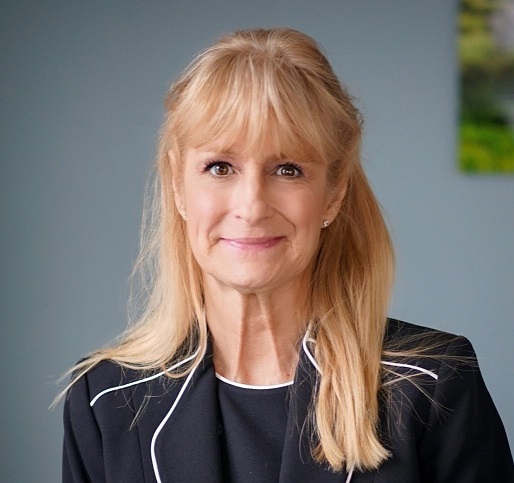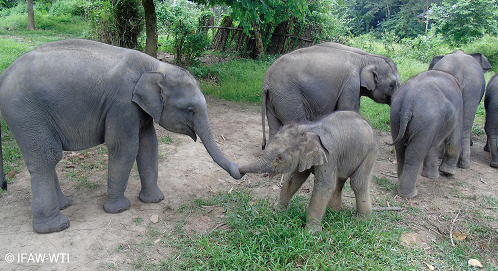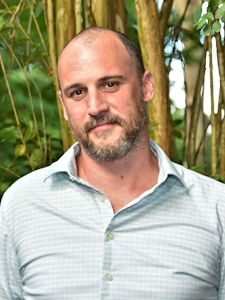 By Grant Miller
By Grant Miller
Tamara Lane-Wilson is the gift planning manager at the International Fund for Animal Welfare (IFAW). She began her career at Sharpe Group, where she advised numerous charities on their planned gift marketing programs. Previously, Tamara has been on the board of directors at National Capital Gift Planning Council, where she also served on the program committee, the membership committee and the Planned Giving Days Annual Conference Committee.
Recently, Tamara and Sharpe Group collaborated on IFAW’s planned giving newsletter, Legacy. We spoke with Tamara about the positive impact of Legacy and some of the fundamentals she’s learned during her 20+ year career in planned giving.
Sharpe Insights:
Tell me about Legacy and some of the responses you received.

Two male elephant calves, both under 3 months old, were admitted to the International Fund for Animal Welfare/Wildlife Trust of India-run Wildlife Rescue Centre within 72 hours of each other. A few days prior, a female calf was admitted when efforts to reunite her with her herd were unsuccessful.
Tamara Lane-Wilson:
Overall, we received excellent responses from the newsletter, and we were fortunate to identify three new legacy members! One of the articles was a simple summary—nothing too complex—of the various ways a potential donor can support IFAW, other than through a will or through a gift of cash. The content highlighted other ways to give—many of which they might not have been aware of—such as gifts of life insurance or through a donor’s retirement assets.
Insights:
How do you think the newsletter influenced your donors?
Tamara:
One of our new legacy members donated a generous life insurance policy. The donor mentioned how helpful it was to read about other ways to give after one’s lifetime. I’m certain the newsletter—specifically that article—contributed to the gift. I’ve also had people interested in being featured in a donor story in future issues. Overall, we’ve been very pleased with the quality of the response.
Insights:
What are some other important gift planning lessons you’ve learned over time?
Tamara:
The most important thing I’ve learned is to make time for your donors. Build a relationship with them. Check in on them regularly when possible. You might be on the phone with a donor for more than an hour and only spend 10 minutes of the conversation actually talking about their gift. At IFAW, many of our donors are members of the Silent Generation and don’t rely on computers and social media, so a printed newsletter is an important way to connect. And, of course, a handwritten note goes a long way.
Insights:
How has your approach to planned giving changed? Do you have any advice for someone just starting their career?
Tamara:
No matter how much technology changes, the fundamental principles I learned more than 20 years ago are the same: It’s all about stewardship and personal connection, maintaining relationships with not just your donors but their families if possible. Also, keep good records. Know your file and statistics and keep learning and growing and adapting. For example, the Silent Generation may not use computers, but the Baby Boomers will be more comfortable with new technologies. Be willing to learn and change—but remember the personal connections you make along the way will be the most important.
I look at legacy gifts as a person leaving a gift to the world through their generosity, convictions and a desire to help the charities they care about. The charities essentially become family members to these donors. And in that, there is a human element that is central to this work, and that will never change. ■
 Grant Miller is an editor, working with clients to create custom printed and digital communications. He has authored Sharpe Group blogs and is a contributor to Sharpe Insights.
Grant Miller is an editor, working with clients to create custom printed and digital communications. He has authored Sharpe Group blogs and is a contributor to Sharpe Insights.

